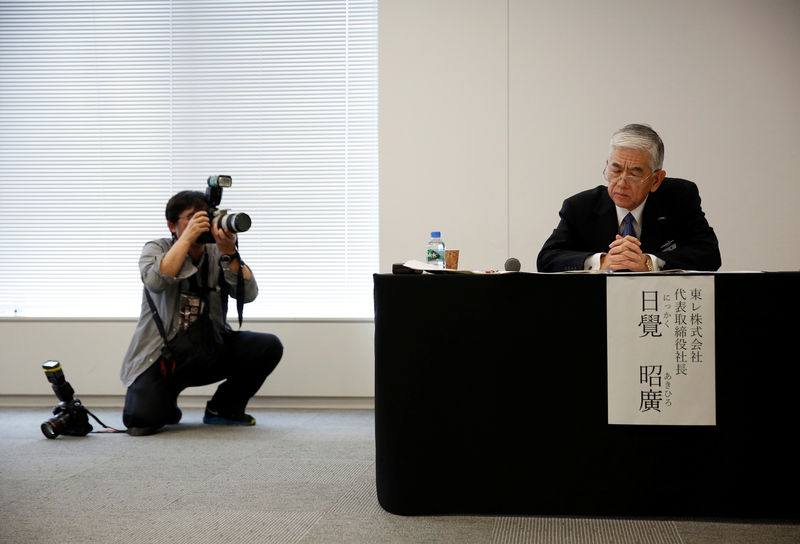By Sam Nussey and Makiko Yamazaki
TOKYO (Reuters) - Japan's Toray Industries (T:3402) on Tuesday revealed 149 cases of quality data falsification at a materials-making subsidiary spanning eight years, in the latest quality-assurance scandal to hit a Japanese manufacturer.
The world's largest maker of carbon fiber composite materials said the cheating involved products including tire-strengthening cords sold to 13 clients by Toray Hybrid Cord Inc.
Toray did not name any affected clients, but it ruled out U.S. aircraft maker Boeing Co (N:BA), for whom the Japanese company is a major supplier of carbon fiber used in passenger jets.
The problem came to light in July last year, raising questions about Toray's governance and why it had taken so long to disclose. Toray's shares plunged more than 8 percent following the announcement, and were down 4.8 percent in afternoon trade.
Toray President Akihiro Nikkaku told a news conference the company had decided to disclose the cheating in the wake of a similar scandal at Kobe Steel Ltd (T:5406), and after it leaked online.
"We hadn't planned on disclosing it," he said, adding it had taken time to sort through the data and notify customers.
The announcement follows a spate of compliance failings at Japanese manufacturers including Kobe Steel, Nissan Motor Co Ltd (T:7201), Subaru Corp (T:7270) and Mitsubishi Materials Corp (T:5711).
Toray said it was in the process of notifying customers about the falsification and had not heard back from them about performance or safety issues, including any involving fiber products used to strengthen tires and other industrial goods.
The affected customers were mostly in Japan but included at least one in South Korea.
Two quality control managers led the falsification, motivated partly by pressure to meet product delivery targets. The two managers responsible for the cheating have been transferred to different positions.
Toray found the cases after an in-house survey pointed to the malpractice, prompting an internal investigation which Nikkaku said he hoped to complete by March next year.
Combined revenue of the 149 cases amounted to 150 million yen ($1.35 million) and would not have a big earnings impact, Nikkaku said.

($1 = 111.2400 yen)